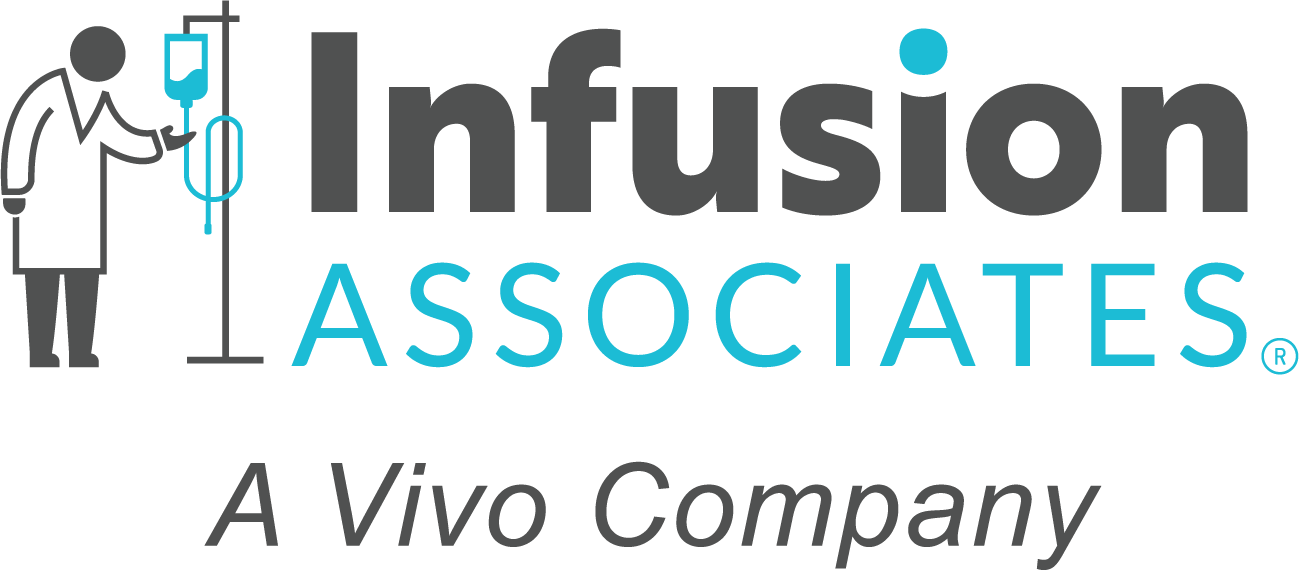Written by Frances Smith, patient access specialist
Living with rheumatology pain and inflammation can be challenging, but there are effective ways to combat these symptoms and improve your quality of life. In this two-part blog series, we will discuss various strategies to manage rheumatology pain and inflammation. In this part, we’ll dive into what rheumatology pain is, its common causes, and the importance of early intervention.
Rheumatology Pain: What is it?

Rheumatology pain is a term used to describe pain and inflammation that affects the joints, muscles, and connective tissues. It is typically associated with rheumatic diseases, which includes a wide range of conditions, such as rheumatoid arthritis, osteoarthritis, lupus, ankylosing spondylitis, and gout. These conditions can lead to chronic pain and discomfort, making everyday tasks challenging for those affected.
Common Causes of Rheumatology Pain and Inflammation
- Autoimmune Disorders: Many rheumatologic conditions are autoimmune diseases, where the immune system mistakenly attacks healthy tissues, causing inflammation and pain. Rheumatoid arthritis and lupus are prime examples.
- Degenerative Conditions: Osteoarthritis, the most prevalent form of arthritis, results from the gradual wear and tear of joint cartilage. This can lead to pain, stiffness, and reduced joint mobility.
- Inflammatory Arthritis: Conditions like ankylosing spondylitis and psoriatic arthritis involve inflammation of the joints and surrounding tissues, causing pain and stiffness.
- Crystal-Induced Arthritis: Gout is a crystal-induced arthritis triggered by the accumulation of uric acid crystals in the joints, leading to intense pain and inflammation.
- Infections: Some infections can cause reactive arthritis, a condition characterized by joint pain, swelling, and inflammation in response to an infection in another part of the body.
The Importance of Early Intervention

Early intervention is crucial in managing rheumatology pain and inflammation. Timely diagnosis and treatment can help prevent the progression of the disease, reduce pain and inflammation, and improve overall well-being. Here are some reasons why early intervention is essential:
- Preservation of Joint Function: Early treatment can help preserve joint function and prevent irreversible damage, especially in conditions like rheumatoid arthritis.
- Pain Relief: Swift intervention can provide relief from pain and discomfort, enhancing your ability to carry out daily activities.
- Improved Quality of Life: Managing pain and inflammation early can significantly improve your overall quality of life, allowing you to maintain an active and fulfilling lifestyle.
- Preventing Complications: Rheumatologic conditions can lead to complications affecting various organs. Early treatment can help reduce the risk of these complications.
Takeaways
Again, Rheumatology pain is a term used to describe pain and inflammation that affects the joints, muscles, and connective tissues. Its common causes are autoimmune disorders, degenerative conditions, inflammatory arthritis, crystal-induced arthritis, and infections. It’s important to start early intervention to help manage the disease and possibly prevent progression. Reasons for early intervention include but are not limited to preservation of joint function, pain relief, improved quality of life, and preventing complications.
In Part 2 of this blog series, we will delve into practical strategies and lifestyle changes you can use to combat rheumatology pain and inflammation effectively. Remember, you don’t have to face this challenge alone; there are healthcare professionals and support networks available to help you on your journey to managing rheumatology pain.
Stay tuned for Part 2, where we’ll explore practical actionable steps to manage rheumatology pain and inflammation.
If you interested in learning more about the IV treatments we offer, you can contact us by calling us at (833) 394-0600 or filling out our online form.

